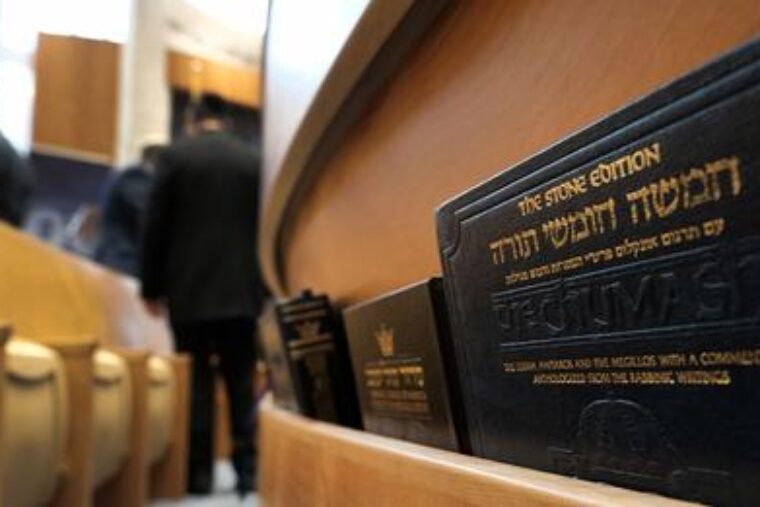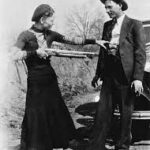“I believe every Jewish man, woman and child, and I say this very deliberately, ought to carry weapons at all times and know precisely how to use them.” …“at this point if you’re Jewish and lack the means to defend yourself, hopefully or preferably with a firearm, I think you’re delusional.” – Jewish writer Liel Leibovitz
American Jews are feeling vulnerable. The 2018 Tree of Life and 2019 Poway Chabad house synagogue shootings; the Colleyville, Texas hostage standoff in January of this year; and arrests of those threatening to harm Jews in synagogues in New York, New Jersey, and Michigan in recent months contribute to this unease. Coupled with largely unpunished street violence against Jews in Brooklyn and social-media threats worsened by Kanye West’s anti-Semitic ravings, Jews have had to bolster security measures at houses of worship. While President Biden recently announced an interagency taskforce to combat anti-Semitism, and while the governor and mayor of New York, along with Senator Chuck Schumer, recently met Jewish leaders at New York’s Lincoln Square Synagogue to announce a new Hate and Bias Prevention Unit, many Jews have recently decided that the only ones who can defend them are themselves. Increasing numbers of congregants are attending services while armed, often with the foreknowledge of the rabbi and the synagogue security committee.
Surprisingly, politicians in some heavily Jewish jurisdictions are trying to make these self-protection efforts illegal. A federal judge temporarily struck down a provision of New York’s gun law that makes it a felony for a person with a concealed-carry license to possess a firearm in places of worship, while Montgomery County, Maryland, recently passed a similar law. These laws not only limit an individual’s choice to bring a weapon to synagogue but also make it difficult for individuals bringing weapons to coordinate with the synagogue security committee. Board members of a synagogue allowing congregants to carry weapons in violation of the law could find themselves personally liable, and insurance policies might not cover anything that goes wrong in such circumstances.
These laws appear to be in line with the views of both the blue areas that pass them as well as most Jews: 77 percent of Jewish Americans want more restrictive gun laws. Yet these measures are in tension with the views of many other Jews about how best to protect synagogues from anti-Semitic assailants.
By Stuart Halpern, Tevi Troy



